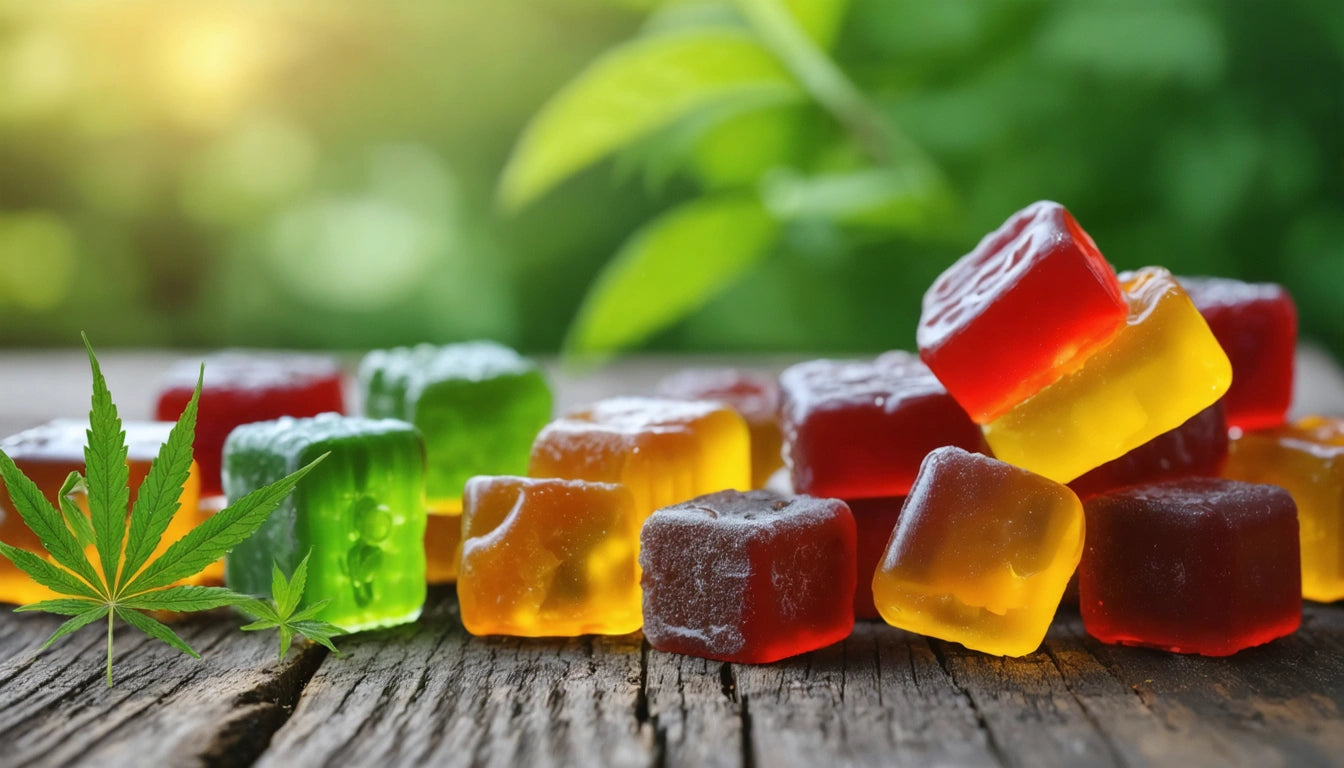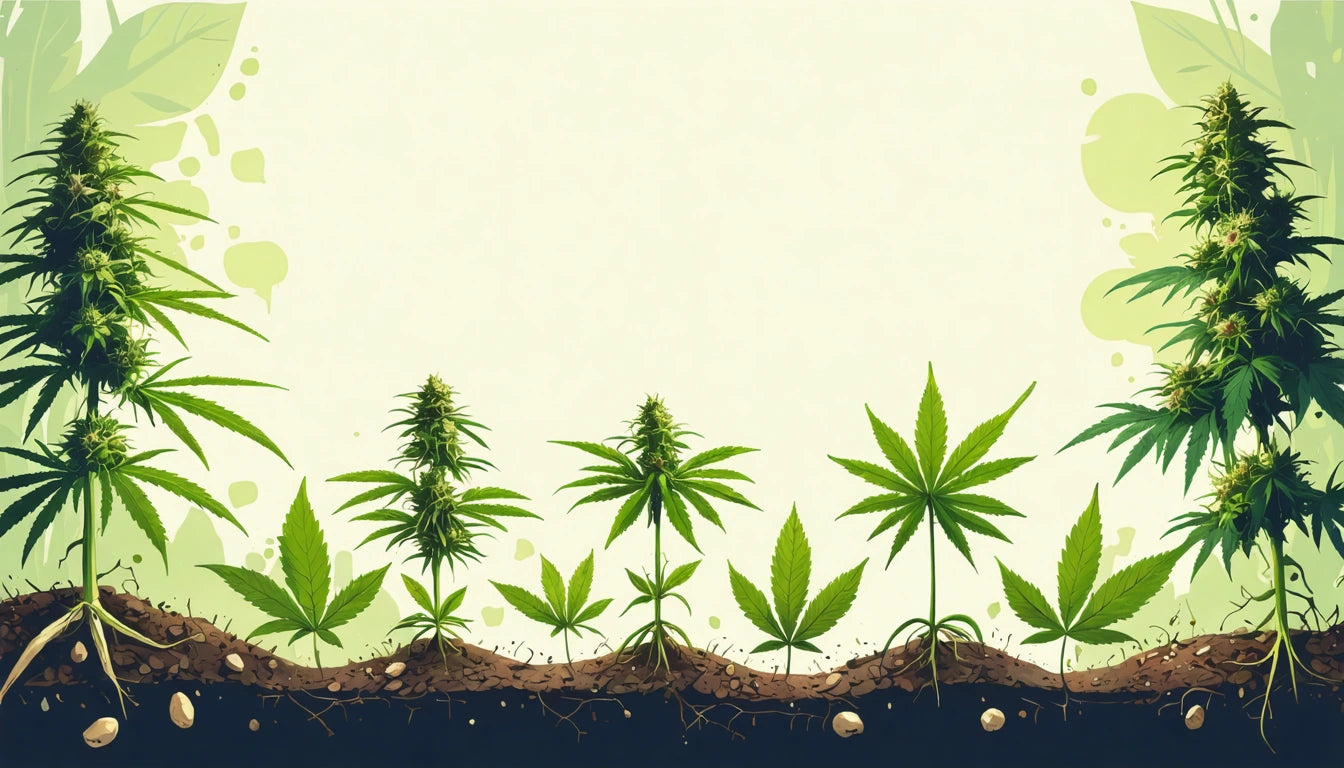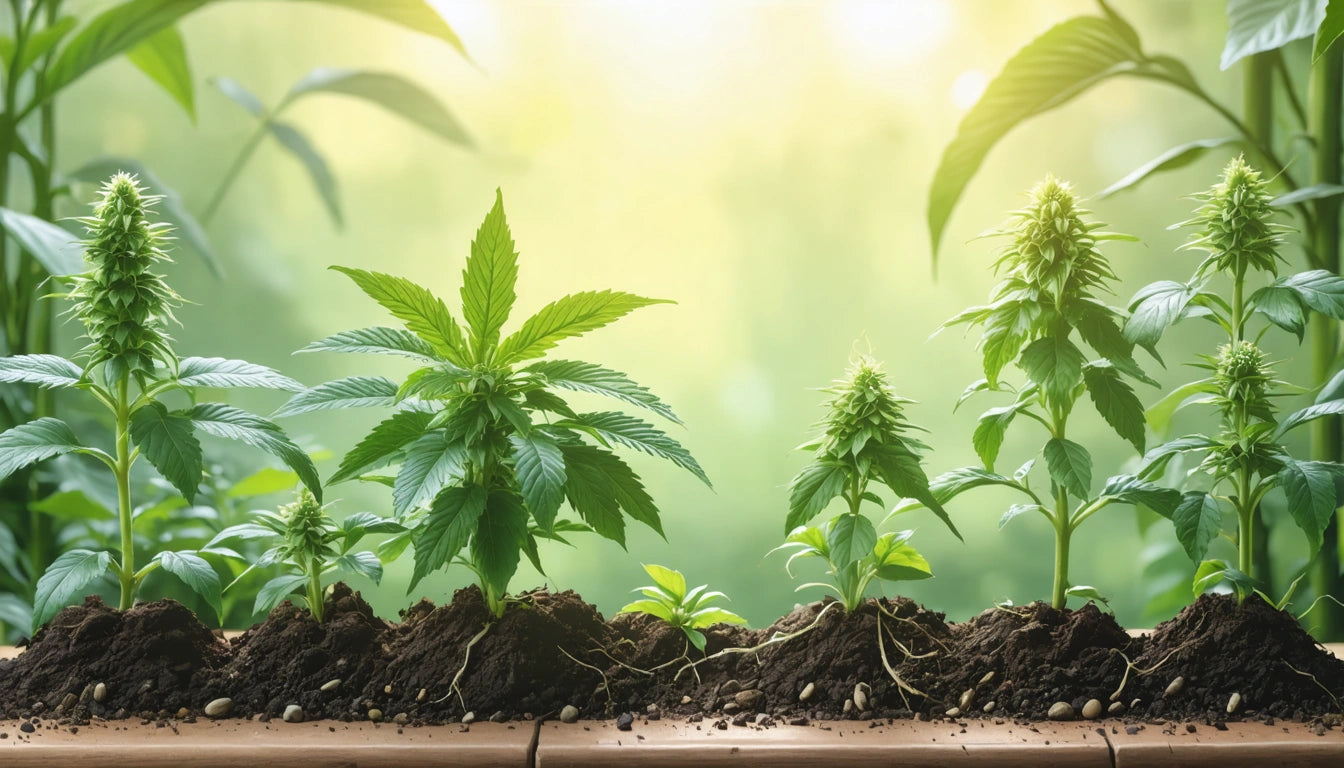Table of Contents
The Legal Status of CBD Gummies Across Different U.S. States
CBD gummies have surged in popularity as a convenient way to consume cannabidiol, but their legal status varies significantly across the United States. This creates confusion for consumers wondering, "Are CBD gummies illegal?" The answer depends on where you live, the source of the CBD, and the THC content in the product.
Federal Legal Status of CBD Gummies
At the federal level, CBD derived from hemp (containing less than 0.3% THC) was legalized under the 2018 Farm Bill. This legislation removed hemp from the Controlled Substances Act, creating a foundation for legal CBD products nationwide. However, the FDA has not approved CBD as a food additive, creating a gray area for edible products like gummies.
Despite this federal framework, individual states maintain the authority to create their own regulations regarding CBD products, leading to a patchwork of laws across the country. Many manufacturers use specialized cannabis processing equipment to ensure compliance with varying THC content restrictions across different jurisdictions.
CBD Gummy Legality in Southern States
Texas
For those wondering "are CBD gummies legal in Texas," the answer is yes, with conditions. Texas allows hemp-derived CBD products containing less than 0.3% THC. The state passed House Bill 1325 in 2019, aligning with federal law. However, products must be properly labeled and meet testing requirements.
According to this state-by-state guide on gummy legality, Texas retailers must register with the state to sell consumable hemp products.
Florida
CBD gummies are legal in Florida under state law SB 1020, which legalized hemp and hemp extracts containing less than 0.3% THC. The state requires proper labeling and third-party testing for all CBD products. Florida's regulations are comprehensive, covering everything from cultivation to retail sales.
Florida consumers can legally purchase CBD gummies from licensed retailers, as detailed in this overview of gummy availability in Florida.
Georgia
The question "are CBD gummies illegal in Georgia" has a nuanced answer. While Georgia's Hemp Farming Act legalized hemp-derived CBD products with less than 0.3% THC, the state has complex regulations regarding food additives. Technically, CBD gummies exist in a gray area, though they are widely available.
The Georgia Department of Agriculture has stated that adding CBD to food and beverages is not permitted under state law, creating confusion about whether CBD gummies are legal in Georgia. Despite this position, enforcement has been minimal, and retailers continue to sell these products.
Tennessee
For those asking "are CBD gummies legal in Tennessee," the answer is yes. Tennessee allows hemp-derived CBD products with less than 0.3% THC. The state's laws align with federal regulations, permitting the sale and consumption of compliant CBD gummies.
North Carolina
CBD gummies are legal in North Carolina as long as they're derived from hemp and contain less than 0.3% THC. The state follows federal guidelines established by the 2018 Farm Bill. However, consumers should be aware that quality and compliance can vary between products.
CBD Gummy Legality in Midwest States
Ohio
CBD gummies are legal in Ohio following the state's alignment with federal law in 2019. Senate Bill 57 legalized hemp and hemp-derived products containing less than 0.3% THC. Ohio requires proper licensing for retailers and manufacturers of hemp products.
According to this resource on THC gummy legal status, Ohio distinguishes clearly between hemp-derived CBD products and marijuana-derived products, which fall under different regulations.
Indiana
For those asking "are CBD gummies legal in Indiana," the answer is yes, with strict conditions. Indiana allows CBD products with less than 0.3% THC, but they must meet specific labeling requirements and have QR codes linking to certificates of analysis. Indiana was one of the earlier Midwest states to explicitly legalize CBD products.
Iowa
Iowa has more restrictive laws regarding CBD products. CBD gummies are legal in Iowa only if they contain less than 0.3% THC and are produced from hemp. However, Iowa's Medical Cannabidiol Act creates additional restrictions, and the state has been slower to embrace CBD products compared to others.
Iowa requires that CBD products be sold through licensed dispensaries, making retail availability more limited than in other states.
CBD Gummy Legality in Northeast States
Pennsylvania
CBD gummies are legal in PA as long as they're derived from hemp and contain less than 0.3% THC. Pennsylvania aligned with federal law after the 2018 Farm Bill, though the state maintains its own hemp program under the Department of Agriculture.
According to this overview of CBD regulations, Pennsylvania has embraced hemp production and CBD sales, with clear guidelines for manufacturers and retailers.
Traveling with CBD Gummies Across State Lines
Traveling with CBD gummies across state lines can be complicated due to varying state laws. While hemp-derived CBD is federally legal, travelers should research destination state laws before bringing CBD products across borders.
As explained in this guide to traveling with CBD gummies, keeping products in original packaging with clear labeling showing THC content can help avoid complications. Air travelers should also be aware that TSA guidelines permit hemp-derived CBD products in carry-on and checked luggage.
Navigating the Evolving Legal Landscape of CBD Products
The legal status of CBD gummies continues to evolve as states refine their approaches to hemp and cannabis regulation. For consumers and businesses alike, staying informed about current laws is essential. Several factors influence how these regulations may develop:
- FDA positions on CBD in food products
- State-level enforcement priorities
- Testing standards and requirements
- Labeling and marketing regulations
- Distinction between hemp and marijuana-derived products
As the market matures, we can expect more standardized regulations across states, potentially easing confusion for consumers wondering whether CBD gummies are legal in their location. Until then, purchasing from reputable manufacturers who provide third-party testing results and clear labeling remains the safest approach for consumers.
Ultimately, while CBD gummies are broadly legal under federal law and in most states, the specifics of each state's regulations create a complex landscape that requires careful navigation by both consumers and businesses.











Leave a comment
All comments are moderated before being published.
This site is protected by hCaptcha and the hCaptcha Privacy Policy and Terms of Service apply.